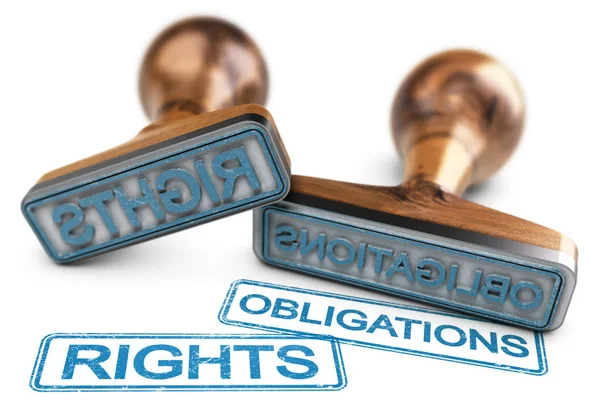Beyond a plague upon life, if Covid has been anything it’s been a most serious teacher. It’s taught us that life is fragile and can be fleeting. It’s taught us to cherish time with family and friends. It’s taught us to pay closer attention to protecting our health. It’s taught us that effectively governing a diverse and polarized population is a really difficult thing. It’s taught us how important social time is to our children, as well as all of us. It’s taught us how a tiny virus can bring a huge and powerful country to its knees. And it’s taught us that beneath our beliefs about freedom lies a growing, dark underbelly, where individual freedoms can be elevated far above the common good.
Beginning with the time the Pilgrims first set sail for the New World, freedom has been a dominant element of America’s character. Our Declaration of Independence, the Revolutionary War, the Civil War, and really all wars since, have been based on an unrelenting striving to be free, and set others free. Freedom to speak, believe, associate, and live out our lives as we wish, occupies much of the foundation upon which our country was founded, our laws were written and our culture thrives.
Freedom however has its limits. We’re all aware of several common limitations on freedom like, we’re not allowed to yell “fire” in a crowded theater, or expose others to public indecency, or use our cell-phone in a hospital or during parts of a flight, or threaten the President. And yet, beyond these commonly known limitations on personal freedom, the number of areas in which rules and laws for the common good are resisted by individuals determined to exert the fullest extent of their individual rights, seem to be growing.
While there’s always been some tension between individual freedoms and limitations on those freedoms for the greater good, the pandemic exposed how we have been drifting away from a respect for the common good at an accelerating rate.
Tragically, strenuous resistance, by roughly a third of our population, to comply with medically proven methods of constraining the pandemic, through vaccination and masking, not only fed the pandemic, but shined a light on how a significant minority chose to assert their personal freedom to the detriment of the majority. Tragically, this was fed, in part, by many of my fellow Republicans who chose to prey upon some understandable vaccine hesitancies and stoke aggrandized notions of personal freedom for their own political gain.
While a significant minority resisted practices needed to constrain the pandemic, progress on other significant aspects of our social order are being stymied by a minority bent on exercising the fullest extent of their personal freedom. Lack of progress enacting common sense guns laws, increasing public school funding to provide all with a quality education, and taking action to thwart the climate crisis barreling towards us, are all derivative of beliefs among a minority that every iota of their personal freedoms supersede the needs of the majority and the greater good.
With respect to stemming gun violence, while some new gun regulations have been passed, many gun lobbyists and Republicans continue to sow hyped-up notions of personal freedom to a now almost intractable minority. Comprehensive universal background checks, red flag laws, banning the sale of assault weapons, raising the age for all gun purchases to 21, imposing waiting periods for handgun purchases, reducing the legal limit of high-capacity gun magazines, and requiring guns in homes be locked-up, are not infringements on anyone’s right to own a gun and protect their family and home, hunt, or collect antique guns.
Given our instinct to be free, our historical roots in freedom, and the deluge of disinformation emanating from opportunistic politicians, one of our most fundamental challenges, individually and collectively, seems to be opening up the possibility that we can let go of the most extreme forms of our rights, while maintaining the heart of our freedoms and provide for the greater good of our community and country. With consensus and cohesion in America ebbing and large minorities strenuously asserting their rights, perhaps it would be of some value to consider the wisdom of indigenous elder of Cherokee descent, Stan Rushworth: “A Western settler has the mindset of ‘I have rights’, while an indigenous mindset is ‘I have obligations’. Instead of thinking I was born with rights, I choose to think I was born with obligations to serve past, present and future generations.”

